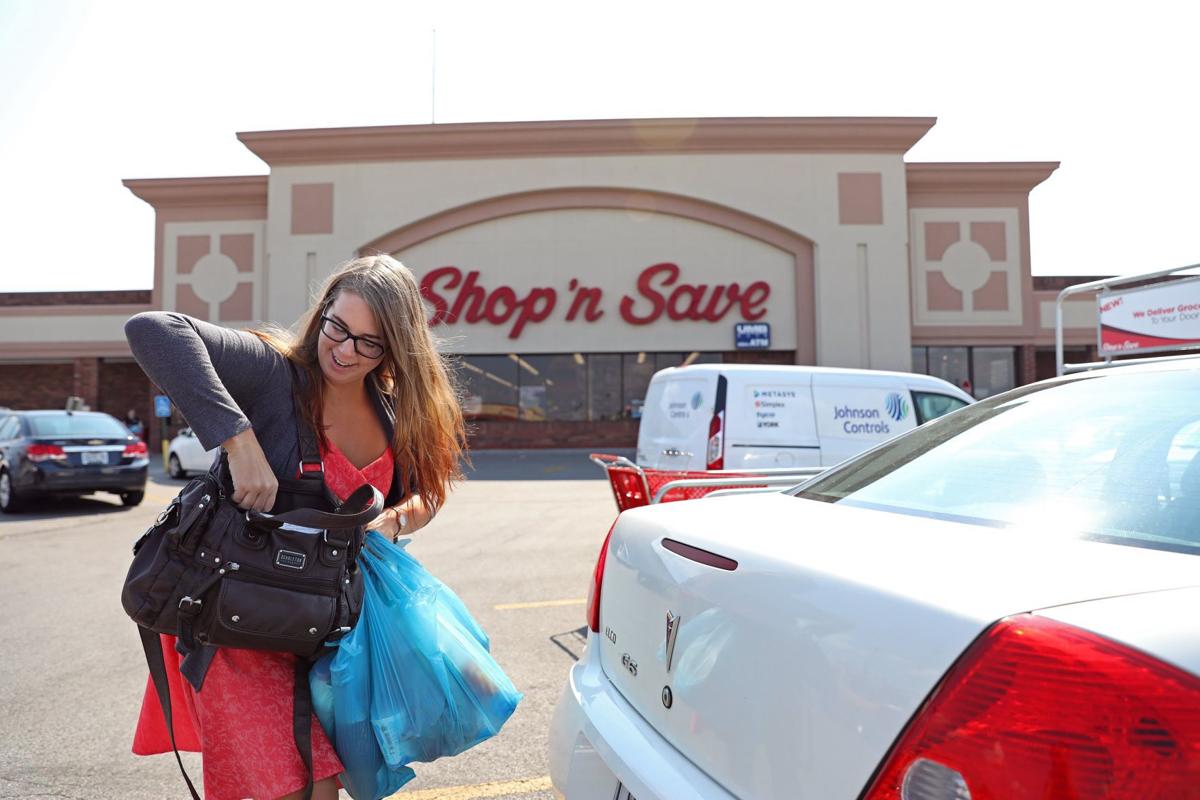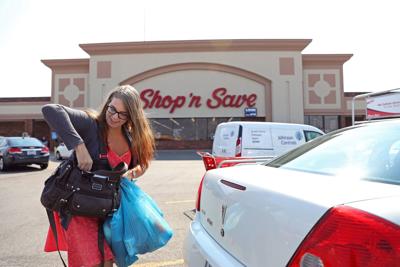Schnuck Markets faced an antitrust battle over its last big hometown acquisition, but company officials don’t expect similar issues with its purchase of 19 Shop ’n Save stores.
“We’ve had discussions with regulators and presently we don’t have any competition concerns,” Schnucks spokesman Paul Simon said Friday.
If Simon’s optimism proves correct, we’ll have seen a big change in regulators’ attitudes since Schnucks bought dozens of National supermarkets in 1995.
The Federal Trade Commission and Missouri Attorney General Jay Nixon challenged the National deal and forced Schnucks to sell 23 stores. The buyer complained that Schnucks let the stores deteriorate while the sale was pending, and Schnucks was fined $3 million.
People are also reading…
If the FTC didn’t like the idea of �����Ӱ�ԭ�� going from four major supermarket chains to three, why would it let the market go from three to two?
The answer is that the grocery business has changed dramatically. In 1995, the trust-busters looked at Schnucks as competing mostly with other full-line grocers. Today, grocery budgets also get spent at Walmart, discount chains like Aldi and a long list of dollar stores, pharmacies and convenience stores.
Walmart has captured about a quarter of the local grocery market, just a little less than Schnucks. “The case for including Walmart as a competitor now is stronger than it was back then,” says Tim Greaney, an emeritus �����Ӱ�ԭ�� University law professor.
Still, with Schnucks attempting to add to its market lead, Greaney expects regulators to study the situation carefully. “I would be surprised if they didn’t at least look at it,” he said.
From the perspective of Supervalu, Shop ’n Save’s parent company, the �����Ӱ�ԭ�� market became so competitive that it no longer made sense to operate here. Sixteen stores that Schnucks is not buying will close by November if no buyers come forward.
Jason Long, a retail consultant with Shift Marketing Group in �����Ӱ�ԭ��, said Shop ’n Save lost its market niche. The chain, founded in 1979, positioned itself as a value-oriented store where shoppers could save a few bucks but had to bag their own groceries.
Expansions by Walmart and Aldi captured many of those price-conscious shoppers, and Shop ’n Save was never able to match Schnucks and Dierbergs Markets on quality, service or selection.
“In business circles, we call that being stuck in the middle,” Long said. “You have to either differentiate yourself on quality or position yourself as the low-cost provider.”
Burt Flickinger III, managing director of Strategic Resource Group, said Supervalu seemed to have given up on Shop ’n Save some time ago. His firm’s staffers shopped the stores earlier this year and found light bulbs burned out, refrigerator cases not working properly and other problems.
“The market going forward would not have been able to support Shop ’n Save without the parent company investing a lot in it,” Flickinger said.
His firm’s shoppers also found that Shop ’n Save, contrary to its price-conscious image, charged 8 to 18 percent more than Schnucks for comparable items.
If the FTC views Shop ’n Save as a failing firm, the question becomes who should be allowed to pick up the pieces. Schnucks may be the only retailer willing to keep a large number of stores open and preserve hundreds of jobs.
Will Schnucks’ bigger market share lead to higher prices? There may have been a time when being the No. 1 grocer came with pricing power, but Long thinks that day is past.
“You can’t take price increases any more in that business,” he said. “All the grocers had to get savvier when Walmart came in. I doubt there will be much of an impact from a price standpoint.”










